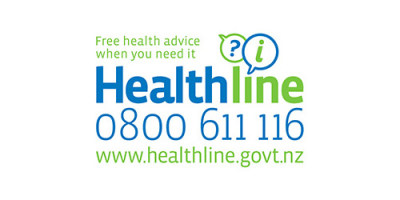Media Release: Exotic mosquitoes stopped at border
Issued: 19th May 2024
Exotic mosquitoes have been collected at the border by Health Protection Officers, thanks to surveillance and other protection measures at Port Nelson. Agencies are actively responding to manage the risk to the public, which is considered to be minimal.
The mosquitoes, Culex molestus (the London Underground mosquito), are found in many parts of the world, including Australia. Culex molestus has been detected at the border previously but has not established in New Zealand.
The mosquitoes were discovered from routine surveillance at Port Nelson. Our Health Protection Officers routinely carry out surveillance checks for exotic mosquitoes around Port Nelson and at Nelson Airport, when international flights land there, to monitor for mosquitoes being brought in via visiting vessels and flights, and to stop them from breeding and becoming established in New Zealand.
Health New Zealand | Te Whatu Ora Kaitātaki Group Manager Health Protection, Sonya Briggs for the National Public Health Service, says health protection staff are working closely with Port Nelson, local businesses and residents to manage and minimise any impacts – although at this stage the risk of the exotic mosquitoes establishing in New Zealand is considered low, and the risk of disease very low.
“There is not considered to be any wider public health or biosecurity risk from these mosquitoes, because there is no evidence to date that they have become established. However, we are continuing to closely monitor the situation, and have further enhanced surveillance and trapping underway.
“We would like to acknowledge and say a heartfelt thank you to the team at Port Nelson for their fantastic support while our Health Protection Officers are carrying out surveillance checks in areas near the port. These checks involve searching for mosquito breeding sites, sampling for mosquito larvae, and removing or treating sites to prevent mosquito breeding.”
Exotic mosquitoes can pose a public health risk as some species can carry serious diseases. However, to date, no mosquito-borne diseases have been contracted in New Zealand. All cases of mosquito-borne diseases are detected in travellers who have been infected while overseas.
“This is a timely reminder that we always need to be vigilant to ensure that exotic mosquitoes are stopped at the border, so they don’t establish here.
“It’s also a reminder that New Zealanders are most at risk from diseases transmitted by mosquitoes when overseas, for instance in Pacific Island countries and territories where there is currently dengue fever known to be present.”
Health NZ advises travelers to take appropriate precautions to avoid being bitten by mosquitoes, for example by wearing protective clothing (such as long-sleeved shirts, long pants and hats), and using insect repellent, preferably containing diethyltoluamide (DEET).
The Safe Travel website has information about countries where mosquitoes may be a threat: https://www.safetravel.govt.nz/news/mosquito-borne-illnesses.
More information can also be found at: Mosquitoes – Health New Zealand | Te Whatu Ora
ENDS
Note to editor:
- Mosquitoes from overseas are called ‘exotic’ mosquitoes and many of them carry diseases we don’t have in New Zealand.
For further information, contact:
Karen Berry
Public Health Communications Lead
Te Waipounamu
National Public Health Service
Health NZ
021 139 7442
[email protected]





